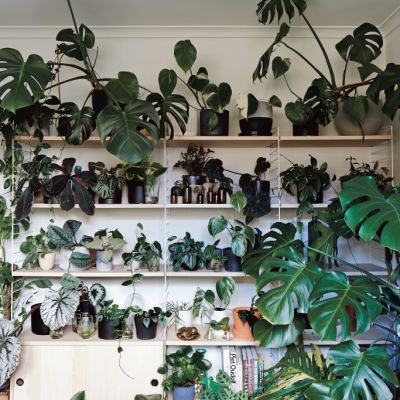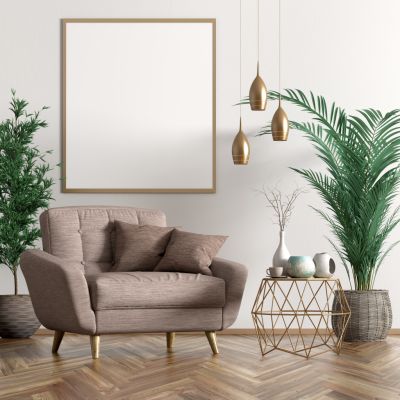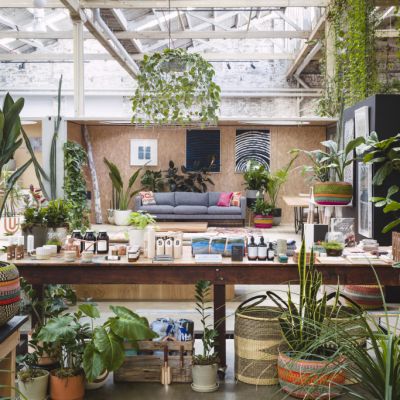From watering to feeding: This is how to keep your indoor plants alive
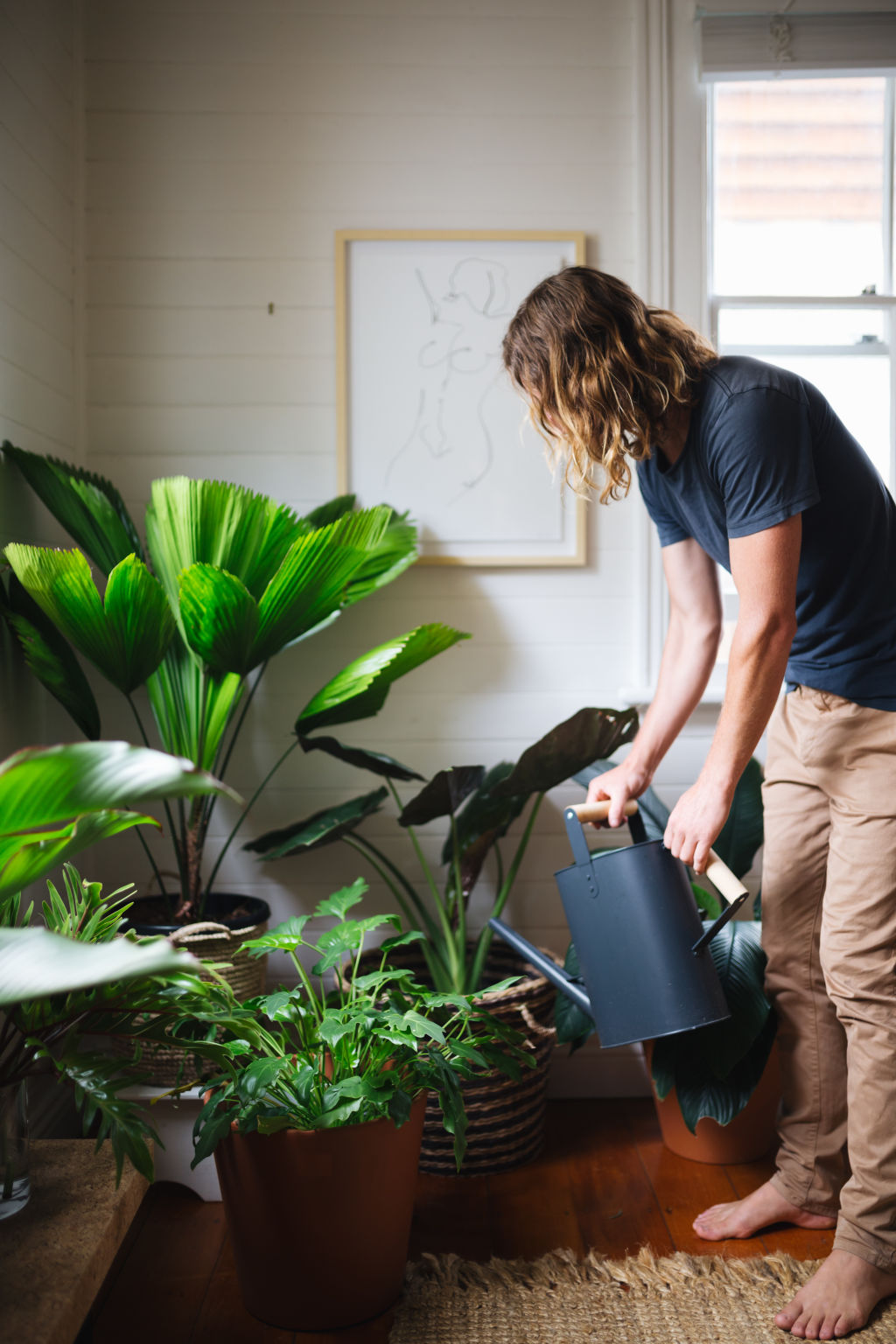
Most of my memories from back in the late 1980s play out on a backdrop that features a shaggy green fern hanging in my family home.
Like many of her time, my mum had indoor plants hanging from timber beams in cane baskets – it was a vibe. From the view of my five-year-old self, this particular fern resembled a green octopus with 100 legs.
While I’m well aware that this “vibe” is now very much back in vogue, it wasn’t until this morning that my green octopus friend ventured back into my life. My partner sent me a photo with the accompanying request, “Can you find me one of these please?”
Find out how to live a more sustainable life on Somewhere Else:
And so, the Boston fern is back in my life.
Even back then to my five-year-old mind, the indoor plant made perfect sense.
It brought the nature I so loved outside to live with us inside. My partner and I have had greenery indoors with us in every house we’ve lived in. They’re just parts of our extended family now, moving with us from suburb to suburb.
Looking after indoor plants, just like their outdoor friends, requires time, patience and customised care. Below are some key pointers to keep your indoor greenery going strong.
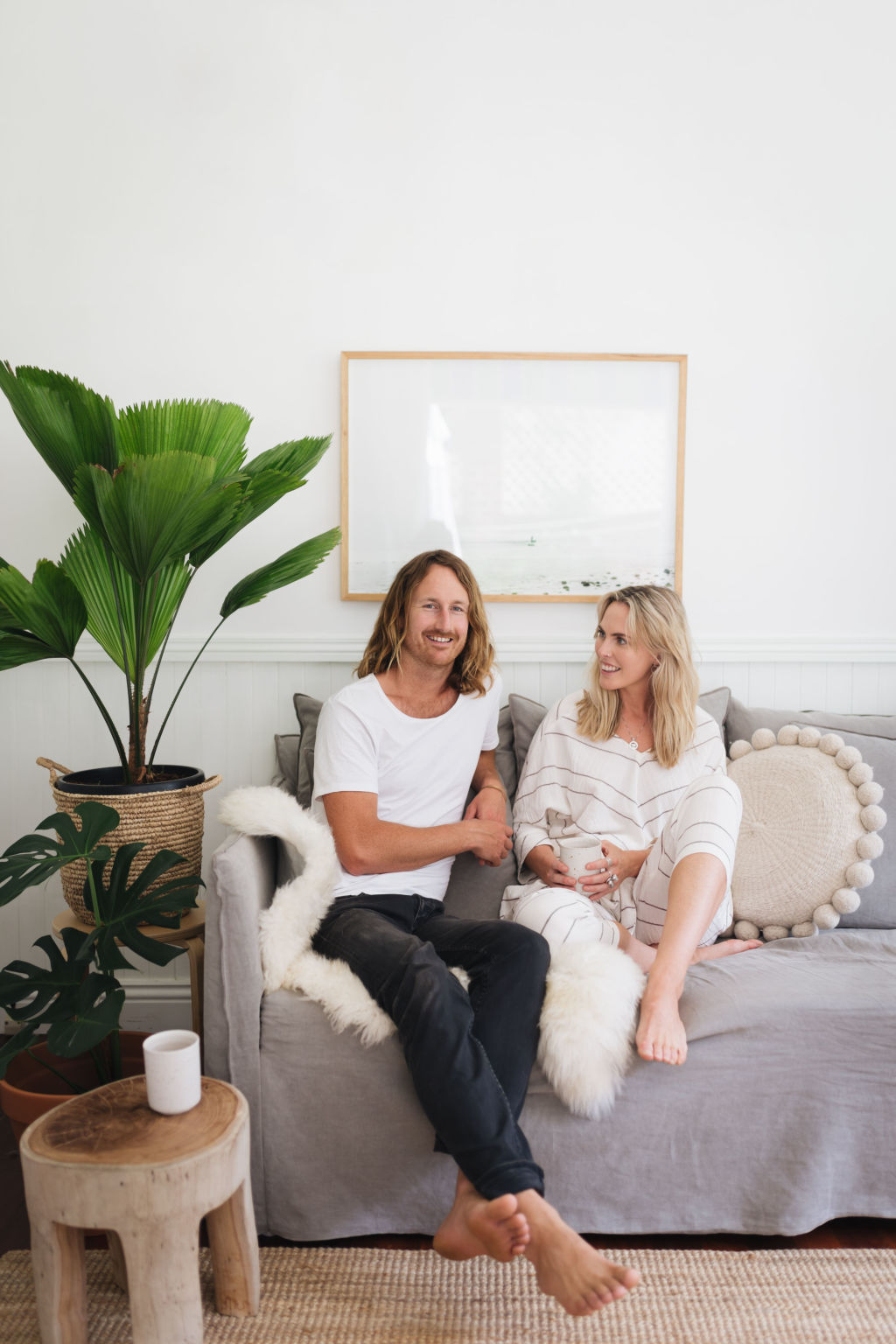
Pots
My first rule when it comes to indoor plants is keeping your plant in its plastic pot that you bought it in, which would have the perfect amount of drainage. Then, place this pot within a decorative indoor pot of your choosing. This allows the plant to have enough drainage, but your floors and design decor will stay intact. It also means taking your plants outside for a drink becomes a much easier task.
Feeding
You’ll probably buy a plant with slow release fertiliser in the potting mix already, which should last six months or so. After that, you can add your own slow release indoor plant fertiliser.
After a year or two you may consider repotting and you can do two things; keep the plant in the same size pot and replace the soil around the roots, or put your plant in a bigger pot with even more soil (you might need a bigger display pot then, too). Both are good options – the latter allowing for taller lusher growth, just trim off any spiralling roots.
Light
With sufficient light your plants will actually grow new leaves indoors, but if it’s too dark they’ll just sit there unchanged and unmotivated. As a general rule I try to keep all our plants within two metres of a window for optimal health.
The odd pest
Try wiping off any tiny insects with a damp cloth, or use an eco-neem oil. Spraying/misting the leaves and stems will deter pests too, get into all the hidey spots on the trunk and where the stems grow from the base of the plant.
Watering and foliage misting
- Lift your plants out of the ceramic pot or basket they’re in and carry outside for a solid water every two to three weeks. This ensures the soil never dries out and you’ll become aware if it’s been over-watered as you’ll see water pooling in the pot or saucer.
- Be sure to shower all the leaves to remove dust and blast off any pests. Bonus points if you can get your plants out into the rain as this not only gives them a good wash but also provides a nice boost of nitrogen.
- I use a bit of seaweed extract in a watering can while the plants are outside, too – you can apply this every few weeks.
- Of course, you can water between these outdoor visits, but just check whether the soil actually needs it first.
- Most indoor plants, particularly ferns, love a good misting. This keeps up the humidity around the leaves, which can dry out.
Slow Down and Grow Something: The Urban Grower’s Recipe for the Good Life, by Byron Smith with Tess Robinson, Murdoch Books.
We recommend
We thought you might like
States
Capital Cities
Capital Cities - Rentals
Popular Areas
Allhomes
More
